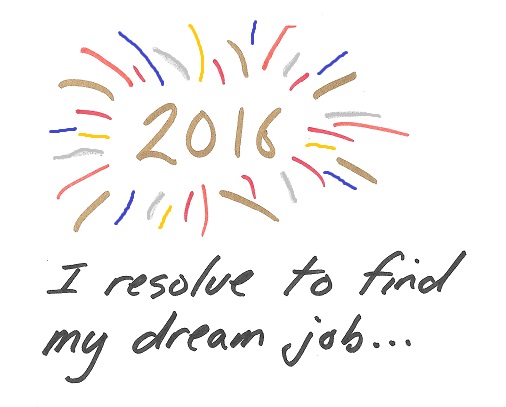Most social enterprises start because an individual or an organization sees a problem in society—a social deficit—and they want to find a sustainable way to improve that deficit.
Just as inventions historically have helped to address perceived personal needs—from the radio to the steam iron—so too are innovations required to address social deficits, and if those innovations can be commercialized, then they are fodder for a strong social enterprise.
In the last few years, I’ve met an increasing number of people—both seasoned and young—who want to pursue social enterprise as a meaningful career path. However, many haven’t necessarily taken into account the marketplace of social deficits. In the last decade or more, there are some clear, growing areas of need in our society for which a social enterprise might be the right tool.
Below is my quick list of the challenges facing our society; this list describes a fertile field for social enterprise development to start.
Ageing populations will create needs for new financial tools, intergenerational wealth transfer, housing, urban design, mobility and new methods of countering isolation in a world of technology, fading social structures (like the church) and greater longevity.
A diversified global citizenry requires new approaches to schooling, language and cultural training, housing and ways to address conflict.
New health care needs for chronic illnesses and afflictions, including diabetes, arthritis, depression, obesity. Even some of those diseases which were considered acute (and typically life threatening) such as cancer and heart disease are increasingly being considered chronic, as survivors may require ongoing supports to live well.
Our energy needs are extraordinary. With a technologically advancing society, all our lives are affected by available electricity and locomotion. Our shelter, our food, our lifestyle, and even our money are all perilously threatened if we loose power, or if energy costs spurred by limited supply and increasing demand become unaffordable.
Water and other environmental challenges are also looming concerns of the next generation. Clean water is an ecosystem requirement and a threatened resource as the population grows, and as our continued polluting contaminates the limited freshwater reserves on the planet.
Increases in gambling, poor diets and inactivity, violence (gang, domestic, and other abuse), and the (mis)use of both illegal and prescription drugs are requiring us to reconsider the way the society must address social behavioral problems.
Crime appears to be on the increase, although statistics prove otherwise. Of course, we need not be complacent, as preventing crime is worth our vigilence at the local, national, international, and even the metaphysical space of the internet. Identity theft, concerns of privacy and even fears of falling victim to fraud pervade our news, and thus our response to the world around us.
The nature of work is changing and this creates many social challenges. Increased wealth is not translating in to increased welfare. Communal workplaces, telecommuting, and decreases in manufacturing and skilled labour are affecting our communities and exacerbating wealth gaps.
It also appears that the next generation is losing purpose, faith and hope in the structures of past generations (marriage, work, universities, religious institutions, government, etc).
Poverty and income inequality is also a global challenge. Our interdependent world means that poverty across the world will directly affect us all. Wars, famine, refugees, human rights abuses, and criminal activity are all reinforced by poverty, if not initiated by the curse of income inequality and injustice.
This list of social deficits should not drive us to despair. Statistically, global improvements to health, transportation, work, and international relations have enjoyed incredible gains over the last decades (“Factfullness” by Hans Rosling, will help reaffirm your faith in humanity).
Nevertheless, the traditional solutions to social deficits that have got us this far have often been direct interventions through the development of a new product or new service (or law!) by governments, non-profits, or private sector actors motivated by profits. However, the current multifaceted, systemic challenges are in need of more systemic solutions by engaging different sectors, different actors, new ideas, revised expectations, and new organizational structures.
Social enterprise is a tool—when done well—that can house systemic solutions that embody democratic (or collective) ownership, the focus of business thinking, the scale of the public sector and the compassion of the non profit and charitable world. By taking the best of all thinking, social enterprise is a vehicle to tackle both the new and intractable social deficits in our society.

